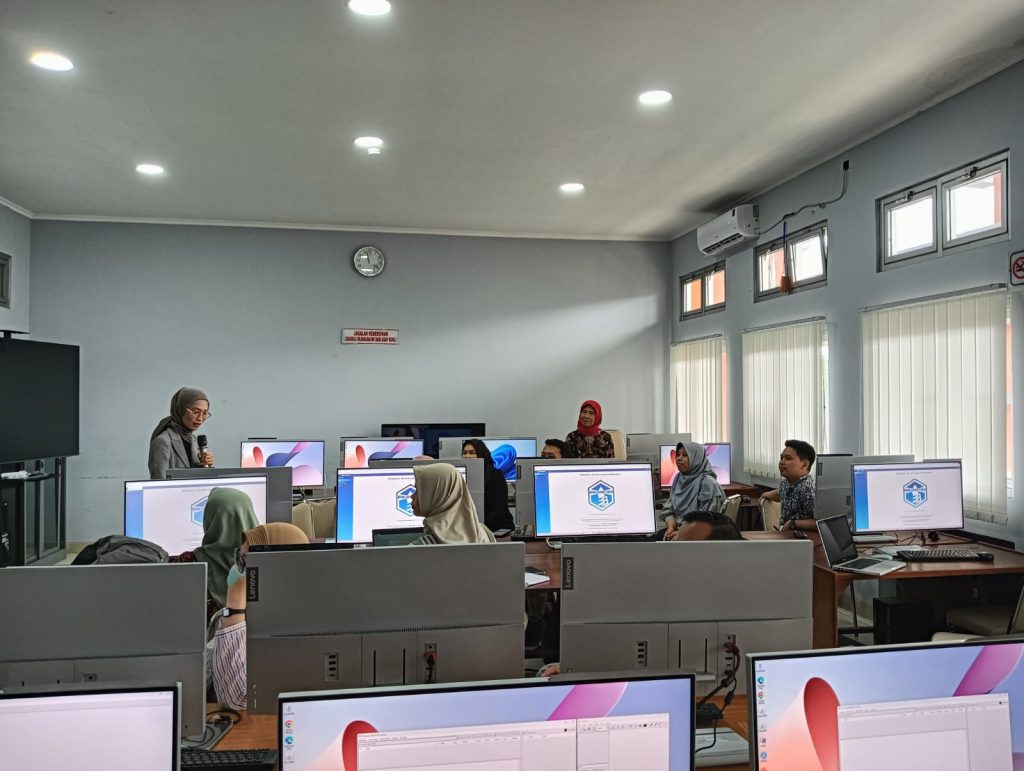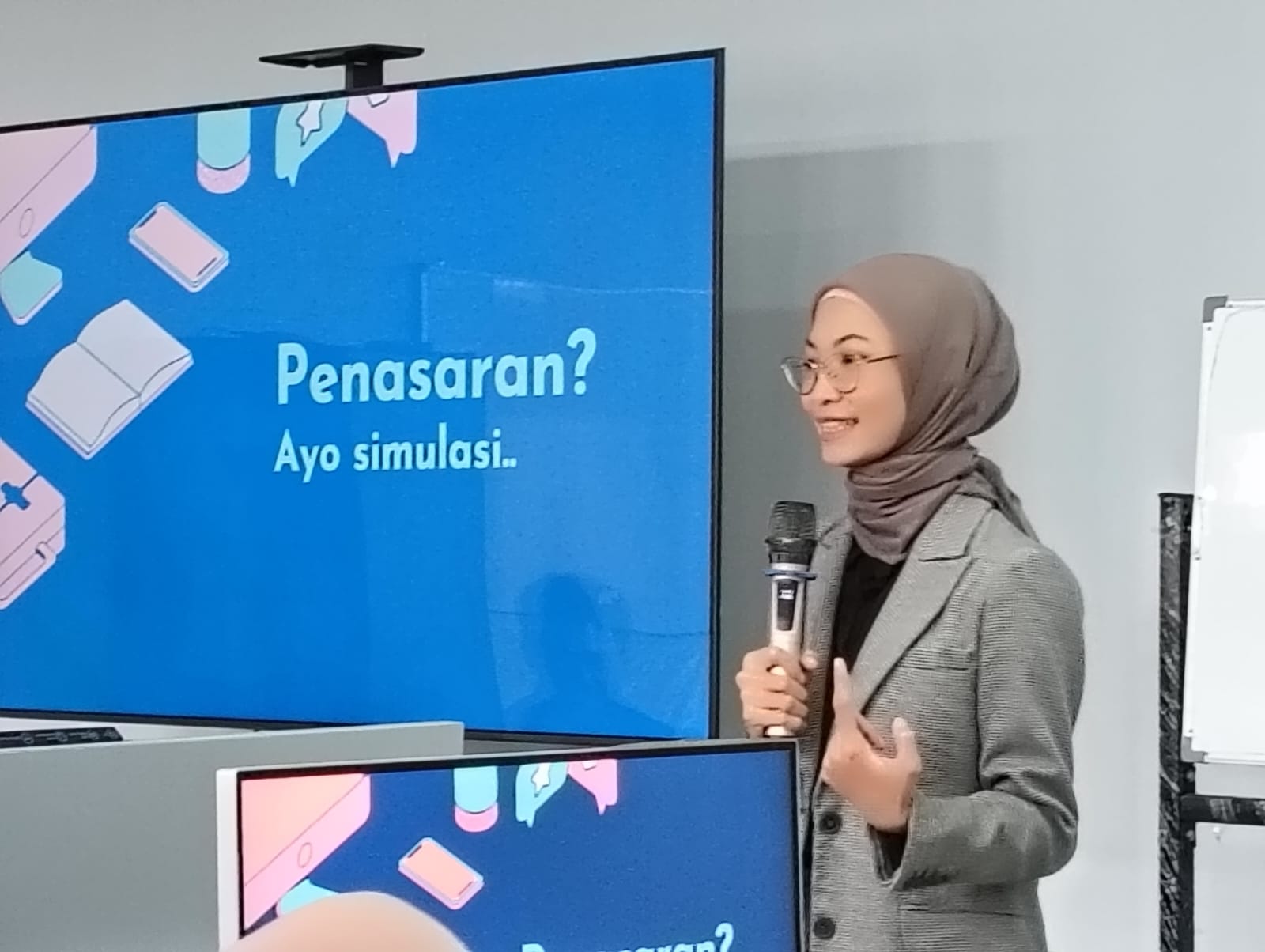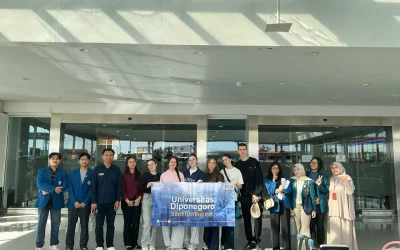Semarang, November 16, 2024 – The Public Policy Data Analysis Laboratory conducted a training session for doctoral students of the Public Administration program on the use of Discourse Network Analysis (DNA) software. This training aimed to introduce an advanced analytical tool designed to analyze network-based data derived from discourses or narratives.
DNA software integrates content analysis with social network analysis, enabling researchers to understand the connections between ideas, arguments, actors, or concepts within various contexts, such as public policy, political debates, or social issues. This tool is highly beneficial for research in sociology, political science, communication studies, and other disciplines requiring in-depth analysis of textual interactions.
The training was attended enthusiastically by doctoral students of the Public Administration program. The session was led by Rosalina Woro Subekty, S.IP., MPA, a lecturer from the Department of Public Administration, who provided a detailed explanation of the concepts, benefits, and practical applications of DNA software in academic research.
This activity served as a platform for students to expand their knowledge and enhance their competence in utilizing advanced data analysis technologies. Through initiatives like this, the Public Policy Data Analysis Laboratory continues to support students’ academic development, particularly in understanding and analyzing discourses and networks within the context of public policy.






0 Comments